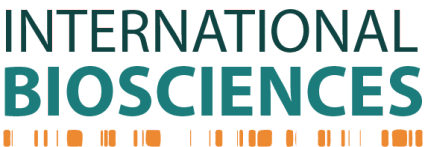DNA Testing for Migraine
Migraines are often difficult to distinguish from bad headaches, as they are essentially just that: severe headaches often associated with various other symptoms, including nausea and sensitivity to light and sound. Approximately 25% of women and 8% of men in the UK experience migraines with some degree of frequency, which makes the condition extremely common. There are two types of migraine, classical and common, which are differentiated by their respective symptoms. Most notably, common migraine is one that does not include the so-called aura symptoms of classical migraine, which refers to warning signs such as stiffness, imbalance or lack of co-ordination, speech difficulties, visual or sound problems and, in the most extreme and rare cases, loss of consciousness. As suggested above, migraines are notoriously difficult to diagnose and are currently impossible to cure.
Genetic predisposition DNA testing for migraine is important if the condition is to be better understood, diagnosed and treated. If a specific gene or mutation can be isolated, the secrets of migraines may be revealed to such an extent that the lives of millions of people throughout the world would be changed for the better. At this point in time, a genetic predisposition to migraines has not been clearly established. However, a number of key studies have produced promising results, specifically in respect to familial gene mutations that affect biologically related people. For instance, a mutation of ATP1A2, which is a chromosome 1q23 gene, has been identified as contributing towards the development of familial hemiplegic migraine (FHM), whilst other genes have also been flagged in this interesting yet difficult field of study.
For support and more information about migraines, please visit the American Migraine Foundation website.
Speak To International Biosciences About DNA Testing Genetic Predisposition for Migraine
International Biosciences provide Genetic Predisposition testing to determine your genetic predisposition for important health conditions including cancers, cardiovascular conditions, diabetes and obesity. Knowing which genetic disorders and diseases you are at risk from will allow you to plan to reduce it by making lifestyle changes such as diet and exercise. Contact International Biosciences on 1-800-987-923 or click here to email us.
International Biosciences does not provide medical advice, diagnosis or treatment. You should consult your doctor or health professional if you have questions regarding any medical condition, before starting any new treatment, and before stopping any treatment that has been prescribed for you. Your use of this site indicates your agreement to be bound by the Genetic Predisposition Terms & Conditions, General Terms & Conditions and Terms of Use.




